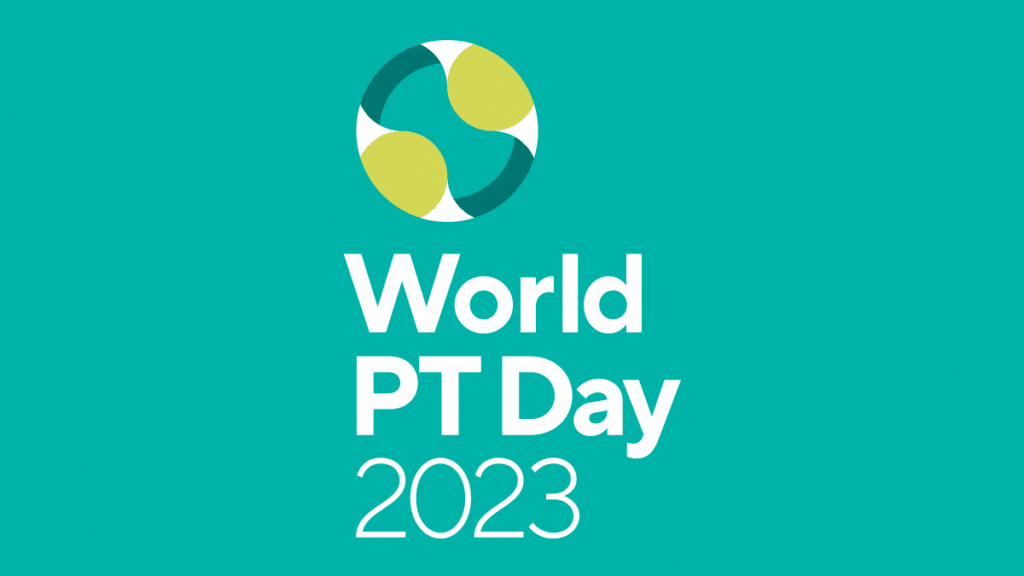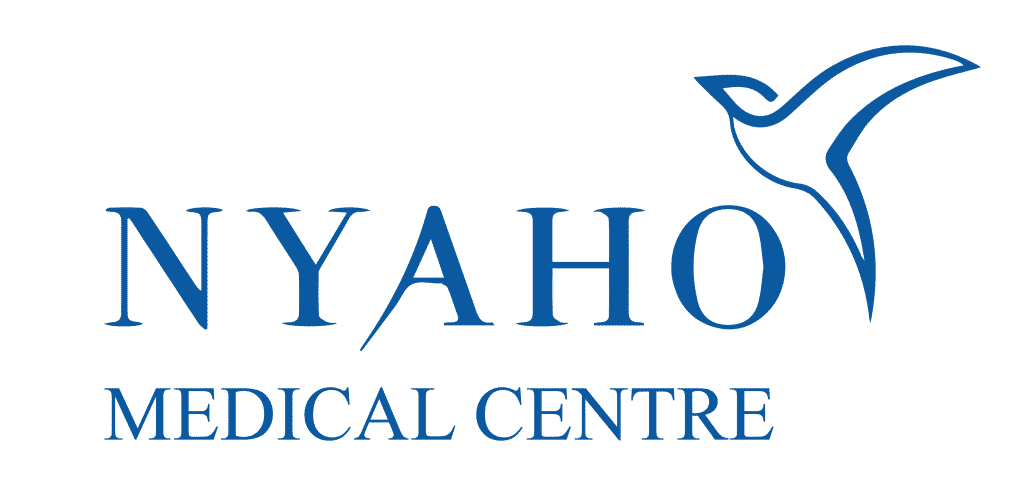Introduction:
World Physiotherapy Day, observed annually on September 8th, is a global initiative that shines a spotlight on the significant contributions of physiotherapists to the well-being of individuals across the world. It’s a day to recognize their dedication to enhancing mobility, promoting health, and restoring independence. This year, we will delve into the realm of ARTHRITIS where we will be shedding more light on its causes, risk factors, management, and the key role of physiotherapy in its treatment.
Understanding Arthritis
Arthritis is defined as acute or chronic joint inflammation. It is an umbrella term for over 100 joint-related conditions which affect people of all ages. Symptoms include joint pain, stiffness, and swelling, which may contribute to reduced function and dexterity. It can affect people of all ages and physically including children, teenagers, older people and athletes. Two common types are Osteoarthritis, often associated with ageing and wear and tear, and Rheumatoid arthritis, an autoimmune disorder marked by chronic joint inflammation. Although both conditions can lead to joint pain and stiffness, their management and treatment approaches differ.

Identifying Risk Factors
Several risk factors contribute to the development of arthritis:
Age: The risk of developing arthritis increases with age.
Lifestyle: A sedentary lifestyle and smoking increase the risk of developing arthritis.
Sex: Women are more likely to develop arthritis than men.
Obesity: Obesity puts extra strain on joints, which can lead to arthritis.
Quick Facts
- It is essential to stay active and keep moving when you have arthritis. Regular physical activity and exercise are essential in the management of all forms of inflammatory arthritis including rheumatoid arthritis and axial spondylarthritis.
- Only about a third of people living with Osteoarthritis will get worse over time, and some see an improvement in pain and disability.
- Arthritis is often associated with older people, but it can also affect children. Most types of childhood arthritis are known as juvenile idiopathic arthritis.
- People with rheumatoid arthritis and other inflammatory joint disorders have an increased risk of cardiovascular disease.
The Role of Physiotherapy
When dealing with arthritis, individuals often find comfort in the expertise of physiotherapists. Physiotherapy is an important part of your overall treatment. Here at Nyaho Medical Centre, and elsewhere, a physiotherapist will guide you on how to exercise safely, increase your activity levels, set goals, and find the right balance between rest and activity. Physiotherapists offer a range of strategies to manage and alleviate arthritis symptoms. Tailored exercise programs help strengthen muscles around affected joints, enhancing stability and reducing pain. Manual therapy techniques, such as joint mobilization, can improve joint function and reduce stiffness. Additionally, patient education empowers individuals to adopt healthier habits and make informed choices.
For personalized arthritis care and expert physiotherapy, visit Nyaho Medical Centre today. Take the first step towards a pain-free, active life.
